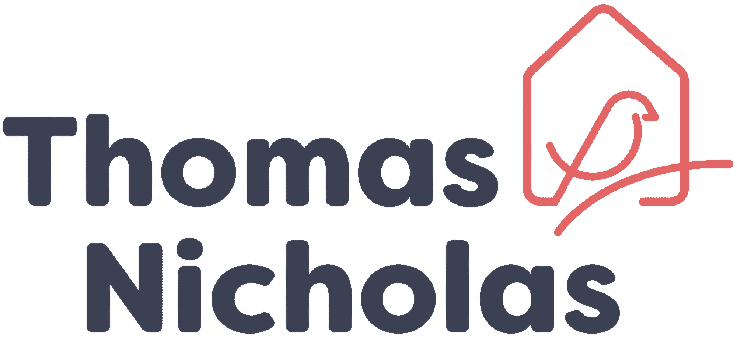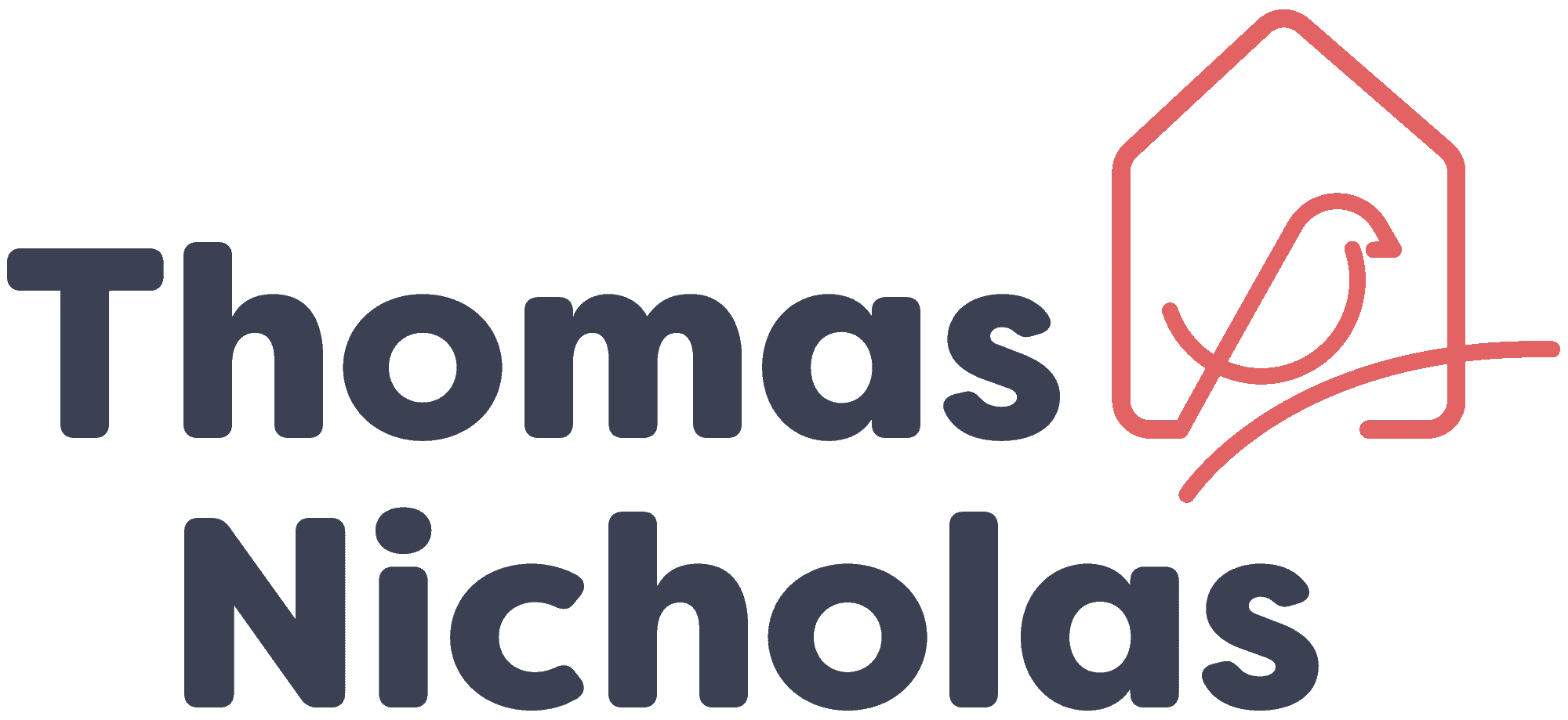Back in April 2017, the government launched a new type of tax-efficient Individual Savings Account (ISA). While the Lifetime ISA may have been slow to take off, there are some excellent benefits if you’re looking to save up the deposit for your first home.
In this complete guide to the Lifetime ISA, find out how it works, how much you can invest, why the government will add free cash to your savings, and how you use it to help fund the deposit for your first home.
What is a Lifetime ISA and who can open one?
The Lifetime ISA is a specific type of Individual Savings Account (ISA) designed to help people:
- Save for the deposit for their first home
- Save for their retirement
As with other ISA products, while contributions are made out of post-tax income, any investment growth on savings and future withdrawals are tax-free.
You can open a Lifetime ISA if you’re a UK resident between the ages of 18 and 39. While you can’t open a Lifetime ISA if you’re aged 40 or over, you can continue to contribute money to your Lifetime ISA until your 50th birthday.
How much can I invest?
You can save up to £4,000 each tax year into a Lifetime ISA. This can be a lump sum or regular payments.
If you are buying with another party, they can also open a Lifetime ISA and benefit from tax-free growth and the government bonus.
What is the government bonus?
In addition to any money you contribute to your Lifetime ISA, the government will then add a 25% bonus. So, if you save £1,000, you’ll benefit from a £250 bonus from the government, taking your total savings to £1,250.
You’ll also benefit from interest or growth on both your contribution and the bonus you receive from the government (note that the bonus is only paid on your contributions, not on any interest or investment growth).
The bonus is paid every month and paid until you reach the age of 50.
The maximum bonus is £33,000 if you open a Lifetime ISA at 18 and make the maximum contributions until you reach age 50.
Can I have a Lifetime ISA and another ISA?
Yes. Your overall ISA limit in the 2019/20 tax year is £20,000. You can split this allowance between a Lifetime ISA (maximum £4,000) and put the remainder in a Cash, Stocks and Shares or Innovative Finance ISA in the same tax year.
If you already hold a Help to Buy ISA you can also open a Lifetime ISA. Note, however, that you won’t get the government bonus on both your Lifetime ISA and Help to Buy ISA.
Can I make a withdrawal?
There are two situations in which you can make a penalty-free withdrawal from your Lifetime ISA:
- You buy your first home
- You reach the age of 60 and withdraw to fund your retirement
If you take some or all of your cash out of a Lifetime ISA before the age of 60, you’ll typically pay a penalty of 25%. Here’s an example:
- You saved £1,000 and received a government bonus of £250 taking your total investment to £1,250
- You withdrew the money before age 60 not for the purchase of your first home
- You’d pay a penalty equivalent to 25% of your investment of £1,250, equivalent to £312.50
- You’d get back £937.50, meaning you’d receive £62.50 less than you invested
How do I use the Lifetime ISA to help buy my first home?
You need to have had the Lifetime ISA open for at least 12 months to be able to use it (and the bonus) towards your first home.
This means that if you haven’t opened a Lifetime ISA and you need to buy your first home within a year, then you’ll need to save elsewhere and won’t be able to use this scheme.
To qualify for the bonus, you’ll just need to buy a property that costs £450,000 or less with any residential mortgage. This includes Right to Buy, shared ownership, self-build, and Help to Buy loans.
Note that if you’ve owned any property before you can’t use a Lifetime ISA towards a home purchase.
When you come to buy a property, the ISA funds will be paid directly to your solicitor or conveyancer.
What if I end up not buying a property?
If you do not need the proceeds of your Lifetime ISA to buy a property, you can leave the funds invested until your 60th birthday.
After this, you can withdraw part or all of your ISA (including the government bonus) to help fund your retirement. All money you withdraw can be taken tax-free.



)
